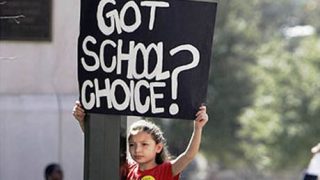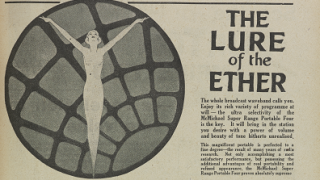
The Enlightenment wars (1): progress or decline?
Keep in mind the word Enlightenment , because it’s very likely that it will be one of the most fashionable concepts within the next months. At a global level, Steven Pinker’s new book, Enlightenment now , will probably carry the lead in terms of sellings, comments and criticisms. But by a fortunate coincidence, its publication […]








